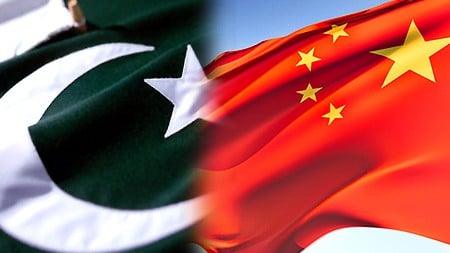Islamabad:
Pakistan-China Institute (PCI), a first Islamabad-based reflection group, published a detailed report on the Pakistani-Indian confrontation in 2025, describing it as a turning point that reaffirmed the strategic deterrence of Pakistan and exposed what it called a “monumental maliculation” by Indian Prime Minister Narendra Moda.
Entitled “16 hours which reshaped in South Asia: how the false calculation of Modi led to the primacy of Pakistan”, the 25 -page report was launched by the president of the PCI, the Senator Mushahid Hussain, Sayed. He described the confrontation as “the most serious reverse in India since Nehru’s defeat in the 1962 war with China”.
The report analyzes the regional implications of the conflict which followed the terrorist attack of April 22 in Pahalgam, tracing the events to the ceasefire possible.
According to PCI, the armed forces of Pakistan, under the direction of Marshal Syed Asim Munir and the Marshal in chief of air, Zaheer Ahmed Babar, responded with flawless intellectual coordination and strategic clarity.
Hussain praised the military use of sophisticated technology, including electronic war tools, saying that Pakistan has reached cyber-supremacy during the confrontation. He also underlined the role of Pakistan Air Force (PAF), crediting their professionalism, their training and their operational skills as vital for the successful response.
Calling the episode “The most beautiful hour in Pakistan” since the nuclear tests in 1998 – when it served as a Minister of Information – Senator Hussain said that the state presented “perfect planning, perfect coordination and perfect execution”, still reinforced by skilful diplomacy and effective media messaging.
The coverage of the report, with images of JF-17 Thunder and J-10C fighter planes, symbolizes the advanced military capacities of Pakistan. He also underlines the central support of China, noting that under President Xi Jinping, Beijing was held near Pakistan “like a solid rock”.
The United States has also received praise. Hussain has credited President Donald Trump for negotiating the ceasefire and helped relaunch the question of cashmere on the international scene, which the report described as a blow to the diplomatic position of India.
The reflection group recommends a complete strategic approach based on three pillars: proactive regional diplomacy, the “creative law” on issues such as the Industry Water Treaty and the shaping of the global story through reflection groups, the media and diplomatic engagement.




